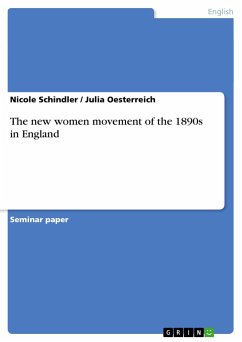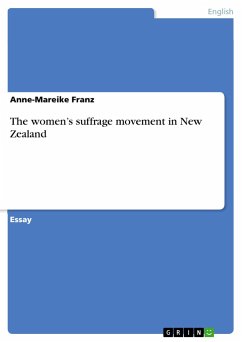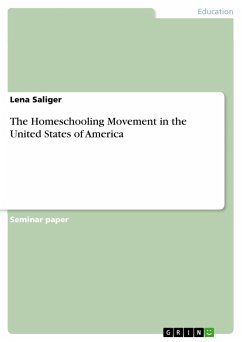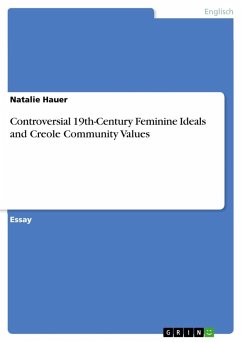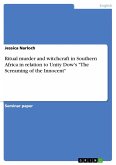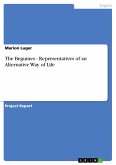Seminar paper from the year 2005 in the subject English Language and Literature Studies - Culture and Applied Geography, grade: 1,0, University of Potsdam, course: The 1890s, language: English, abstract: The aim of this paper is to explore the variety of new social and literary forms adopted by the New Woman movement at the end of the 19th century. We want to discuss the different debates on femininity at the fin de siècle with views on lesbianism and the marriage concept at the time. Women challenged their subordinate social and political position and condemned prevailing sexual double standard during the course of the 19th century. They urged for women's rights to employment and full citizenship. With the new theories on Darwinism New Women found a way to rationalize their demands, apart from social and political arguments, also with biological explanations. They voiced their concerns over the woman's reduction in a patriarchal state and set education, marriage laws and social morality on the top of their reform-list. One factor for early feminists was the 1832 Reform Act, which governed women's exclusion from the franchise. By the 1850s British feminism had gained an organized form and coherence, largely through the campaigns of middle-class women. Magazines and novels were a vehicle of feminist protest and thus the social and economic position of women underwent great changes.
Hinweis: Dieser Artikel kann nur an eine deutsche Lieferadresse ausgeliefert werden.
Hinweis: Dieser Artikel kann nur an eine deutsche Lieferadresse ausgeliefert werden.

